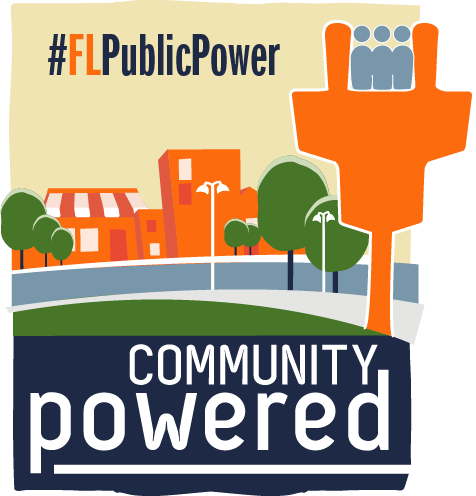Rooftop Solar Changes Backed as Debate Continues
By Jim Saunders
News Service of Florida
TALLAHASSEE — After weeks of debate, the Florida House could vote Wednesday to make controversial changes in rules for rooftop solar energy, while senators continue to back a similar proposal.
The debate flared again Tuesday as the House rejected Democrats’ attempts to change the House bill, while the Senate Rules Committee approved the Senate version over the objections of the rooftop-solar industry and environmental groups.
The issue deals with what is known as “net metering,” which involves the interplay between utilities and rooftop solar owners, including credits that utilities provide for electricity generated by rooftop solar systems.
Supporters of the proposed changes contend that the state’s current rules result in people without rooftop solar systems subsidizing rooftop-solar owners. That argument stems, at least in part, from utilities continuing to face overall costs of operating the electrical grid. Among the supporters of the bills are Florida Power & Light and groups such as the Florida Chamber of Commerce and Associated Industries of Florida.
Senate bill sponsor Jennifer Bradley, R-Fleming Island, acknowledged that the subsidies are relatively small, but she and House sponsor Lawrence McClure, R-Dover, said they are trying to prevent larger cost shifts as the solar industry grows in the coming years.
“The goal of the bill is to get to no subsidy,” Bradley told the Rules Committee.
But opponents said experts or the state Public Service Commission should conduct a study to determine if such subsidies exist, with Sen. Jeff Brandes, R-St. Petersburg, describing the Legislature’s approach as “fire, ready, aim.”
The solar industry has argued that the changes would damage businesses and cost jobs, as homeowners would have less financial incentive to install solar panels on their roofs.
“Solar power is just such a no-brainer,” Sen. Gary Farmer, D-Lighthouse Point, said. “We should be doing everything we can to encourage it.”
The House version of the bill (HB 741) is positioned for a vote Wednesday, while the Senate bill (SB 1024) is ready to go to the full Senate. The House and Senate sponsors would have to work out differences in some details, but the bills are largely similar.
People who own rooftop solar systems are required to hook up to utility systems and are able to sell excess electricity and receive bill credits in return. Under a 2008 rule approved by the Public Service Commission, monthly credits are provided at utilities’ retail rates. An important part of the bill would change that to ultimately providing the credits at what are known as “full avoided cost” rates, which could reduce the amounts going to rooftop solar owners.
Both bills would phase in the credit changes over a series of years. Also, current rooftop solar customers would be allowed to keep their net-metering rate designs for 20 years, as many rooftop systems are financed.
Bradley and McClure described the approach as a “glide path” that would help the rooftop-solar industry adjust to the changes. But the bills continued to face opposition Tuesday, with Sierra Club Florida lobbyist David Cullen saying the Senate version offers the “glide path of a brick.”
Article reposted with permission from the News Service of Florida.
 Enter your email address in the
Enter your email address in the 